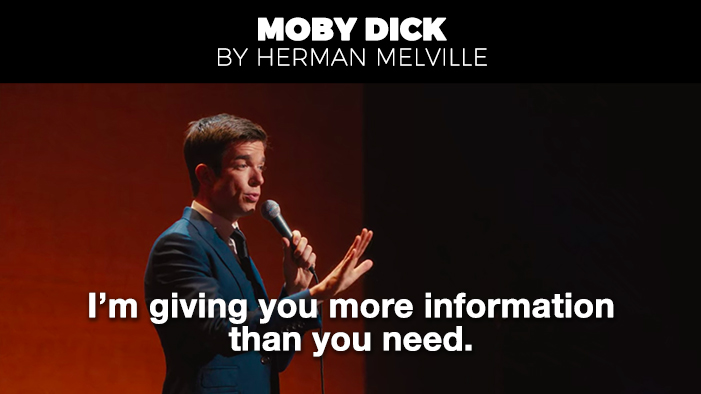The events of Octavia Butler’s story “Speech Sounds” unfold over just a few hours in the life of protagonist Valerie Rye, whose third-person perspective reveals a dystopian Los Angeles ravaged by a global pandemic. The illness has taken everything that matters to Rye—her work, family, ability to read and write, and community—leading to a collapse in her identity and will to live. However, by daring to connect to other people, Rye salvages her purpose and her life, transcending the savage hierarchies of her world.
The story begins in medias res after Rye catches a rare bus toward Pasadena. The inciting incident that compels her to finally make the risky trip is her collapse into desperate loneliness. Resisting thoughts of suicide, she sets out to discover whether her brother and nephews survived the mysterious illness that killed so many, especially males, cutting survivors off from spoken and written language. Now, Rye is surrounded by passengers who watch fearfully as a “misunderstanding” between belligerent young men threatens to become violent. Their fight, which begins the rising action, is something that “could happen any time” in the wreck of the city, where residents can’t understand each other and where many have intellectual impairments that cause Rye, who always carries her gun, to think of them more as animals than as humans.
Having begun her risky journey, Rye has the chance to change her mind and return home when the driver stops the bus. She hides by a tree in case shooting starts, but she does not go home. Instead, she is met with an invitation to work as a partner with a man acting as an LAPD officer. While on the bus, Rye looked to her own safety and stayed away from other passengers; now she finds herself helping people out of the bus. The man, apparently pleased with Rye’s cooperation, asks her to take an enormous risk and go with him in his car. Rye knows the “possible deadly consequences” of putting herself in the power of a man she doesn’t know. Still, the man is left-handed and thus likely less impaired. He maintains his calm demeanor when threatened by the shouting, gesturing men. Rye’s other option is to go home and perhaps kill her predatory neighbor—or herself. Instead, she takes a leap of faith that humanity is not utterly ruined by choosing to go with the man she will come to know as Obsidian.
Rye’s confidence in her decision grows gradually. Obsidian is everything the fighting men and the filthy neighbor are not: gentle, comprehending, and kind. He makes Rye laugh for the first time in years, and she is able to let her jealousy of his ability to read and write surge through her and dissipate. Their love-making satisfies Rye, who hadn’t realized how much she needed human touch. More than that, it makes her forget, for a moment, the daily struggle she has faced not to kill herself. When Rye and Obsidian decide to stay together, Rye’s life seems to have taken a sharp turn toward hope. She seems to have been rewarded for her willingness to take the risks of trying to get to Pasadena and of accepting Obsidian’s offer.
But the city is full of unexpected threats, and Rye enjoys only a few moments of contented joy before Obsidian, a man of duty and integrity, loses his life as he tries to save the fleeing woman. The reason Rye had found to keep living is stripped away, “just that simply, just that fast.” She feels as if someone had beaten her into stunned incomprehension. Rye’s reaction to the tiny children who stand by the dead woman shows how completely her nascent happiness has been obliterated. A mother whose children died during the pandemic, Rye sees the boy and girl as “more grief” and is ready to abandon them.
But as she kneels to touch Obsidian’s face, Rye experiences an epiphany that is the story’s climax and turning point. She realizes that, just as Obsidian could not have ignored the fleeing woman’s plight, she cannot leave the children. They become her reason for living, discovered at great risk and cost of life. That Rye makes this decision before learning that the children can speak and comprehend speech matters. They recall her to herself—mother, teacher, protector. That they can speak is an unexpected “gift” to Rye.
As she carries them to the car, she worries that they are too thin—a parental concern, and an indication that Rye can survive the new loss of Obsidian, for the children’s sake. Risk still lies ahead, in the story’s untold falling action, but as the conflict resolves, Rye has a reason to face that risk, gaining a purpose that will keep her alive.


 payment page
payment page



